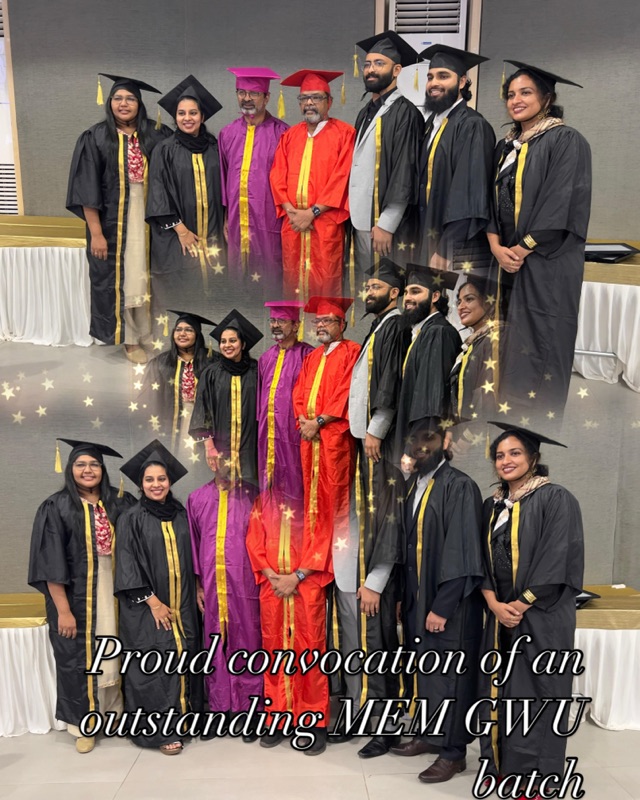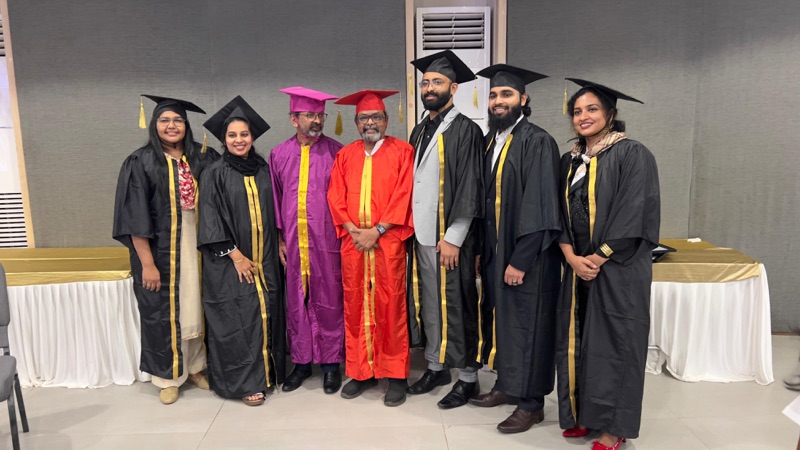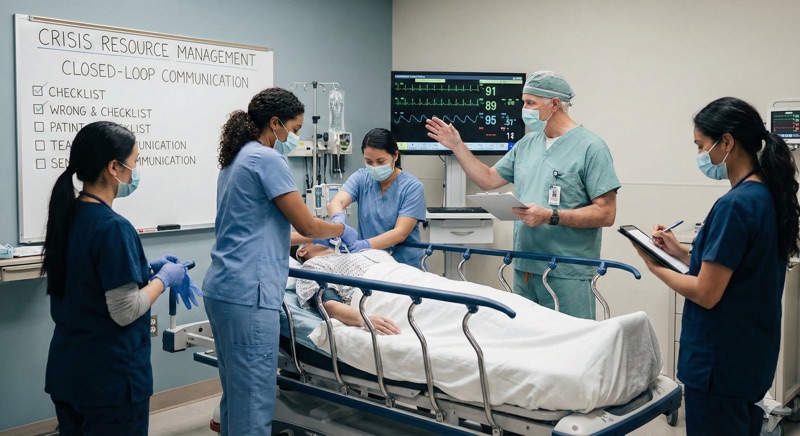
 A Convocation of Pride, Joy, and Reflection
A Convocation of Pride, Joy, and Reflection
Convocations are always among the happiest moments in the life of a doctor. For the graduating student, it is the culmination of years of sleepless nights and hard work. For the family, it is a proud celebration of sacrifice. For the mentors, it is the most rewarding moment—to watch their protégés take flight into the world.
Yesterday , I had the privilege of addressing yet another convocation of the Masters in Emergency Medicine (MEM) residents under the George Washington University program. This was not just another ceremony for me—it was deeply personal.
Back in 2007, Aster MIMS Calicut became the first institution in India to begin a formal international Emergency Medicine training program, in collaboration with GWU. This was even before the Medical Council of India formally recognized Emergency Medicine in 2009. Over the last two decades, I have been blessed to mentor and graduate hundreds of residents through this pathway. Today, more than 500 of our graduates are working across the globe—many in the UK, GCC, and beyond—serving with distinction as emergency physicians.
And yet, there is an irony. Despite its proven quality and global recognition, the GWU MEM program does not have formal recognition in India. This paradox was strongly felt as I convocated this extraordinary batch—perhaps my last convocation at Aster, and certainly one of the most special. These residents were passionate, resilient, and beyond exceptional. Their training was rigorous, their commitment unparalleled, and their spirit inspiring.
But while the joy was immense, the realities we face cannot be ignored. Opportunities for MEM graduates are shrinking. Hospitals increasingly prefer candidates with NMC-recognized qualifications. Even the traditional pathway of supplementing MEM with MRCEM and working in the UK has tightened in recent years. Despite their outstanding skills, many of our graduates are forced to prove themselves repeatedly, sometimes practicing under the shadow of only their MBBS degree.
It is here that I feel the role of the university is crucial. George Washington University, which has produced thousands of medical postgraduates worldwide, must now take proactive steps in India. Establishing an Indian campus, directly with the National Medical Commission, and seeking recognition for programs like MEM is not just important—it is necessary. Without it, the future of high-quality training of this kind in India is uncertain.
As I reflect, I feel both pride and concern. Pride, because I have been part of this journey for nearly two decades, witnessing how Emergency Medicine in India grew from being almost invisible to becoming a respected specialty. Concern, because without bold action, the next decade may not carry the same promise for our trainees.
To my graduating residents, I can only say this: the certificate you hold is a symbol, but your skills, knowledge, and compassion are the real degree. No recognition can take that away from you. You have proven yourselves beyond paper credentials. Wherever you go—in India, the UK, the Gulf, or anywhere in the world—your commitment to saving lives will speak louder than any title.
This convocation was a celebration, but also a call to action. A reminder that while we must cherish the joy of today, we must also build stronger foundations for tomorrow.
To my students: You are not just doctors. You are guardians of life. Carry the torch of Emergency Medicine with courage, humility, and passion. The world needs you—now more than ever.



No comments:
Post a Comment